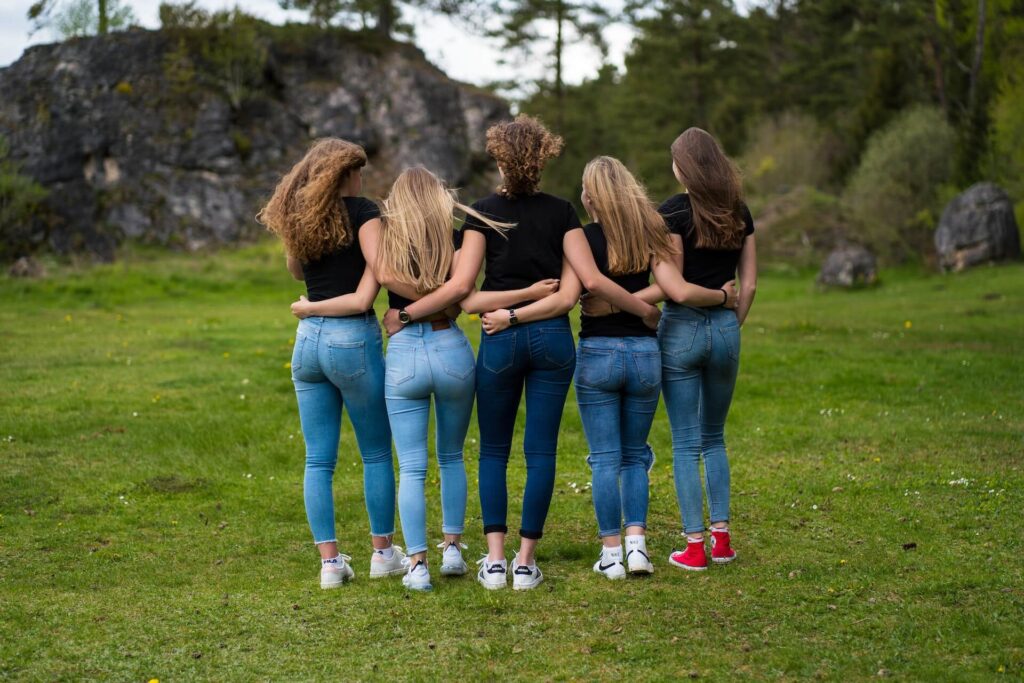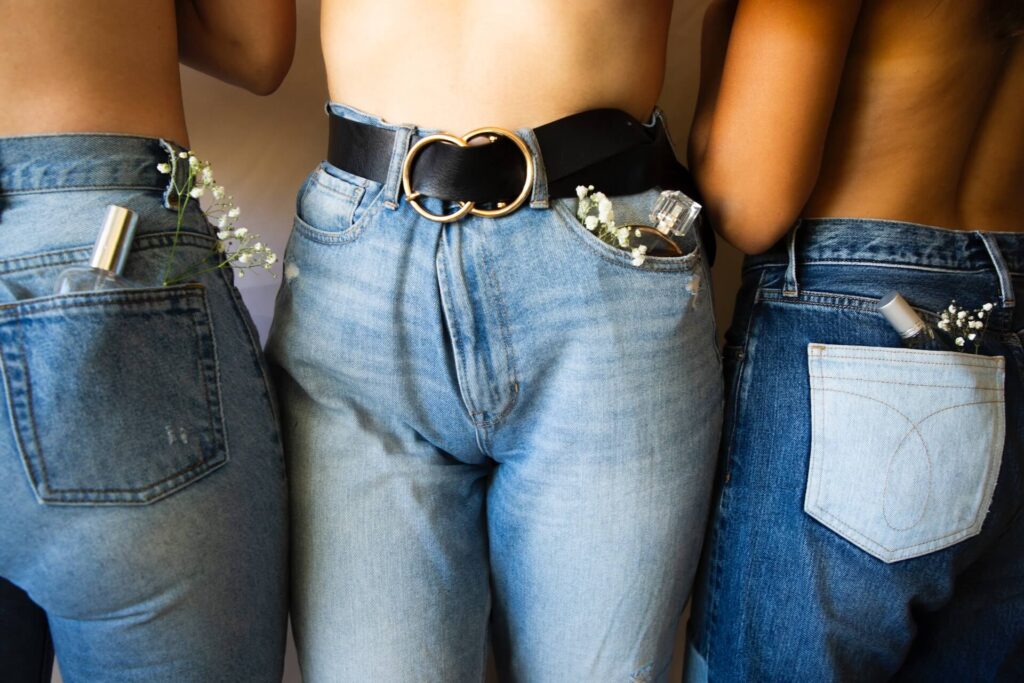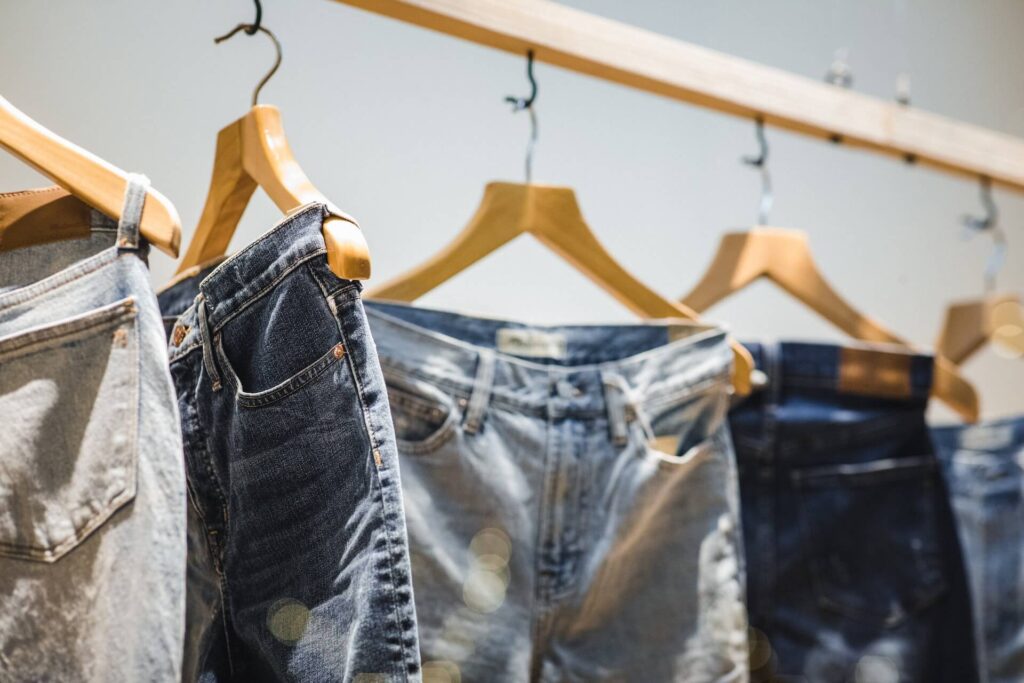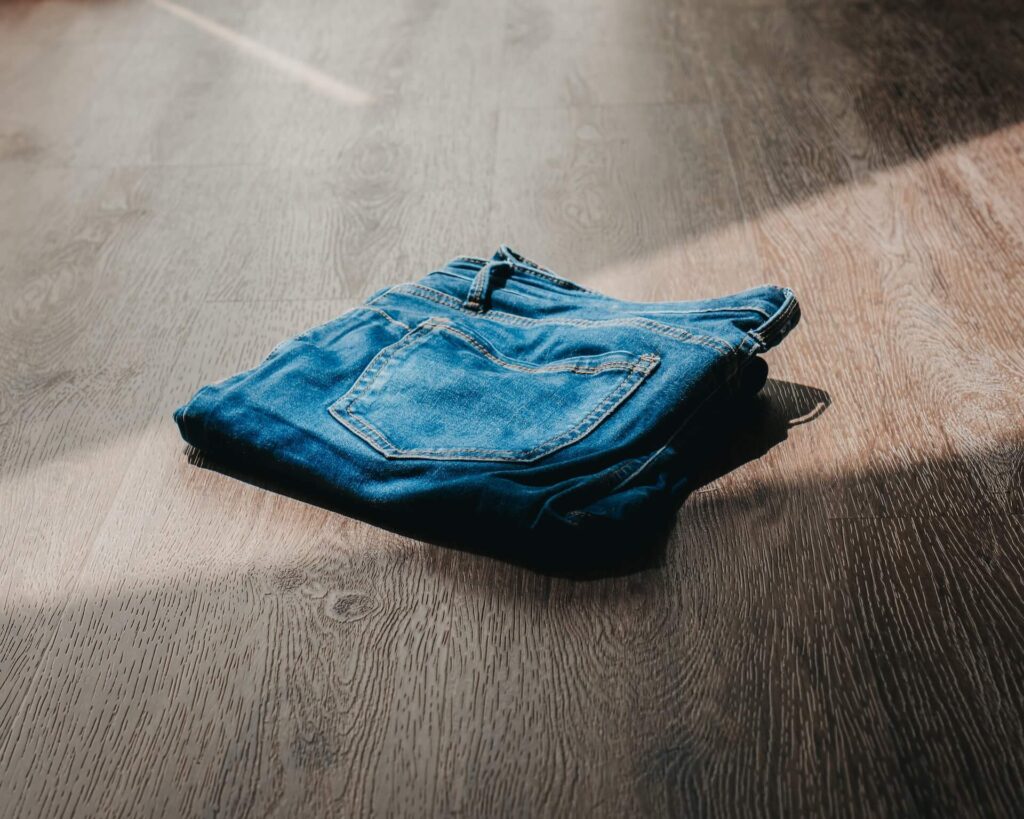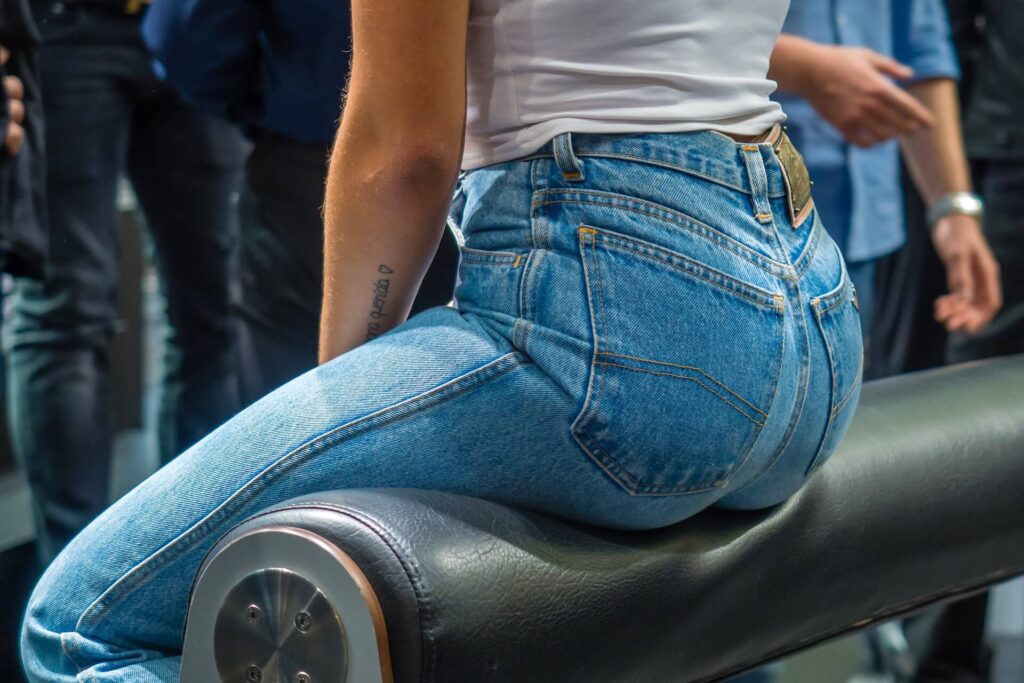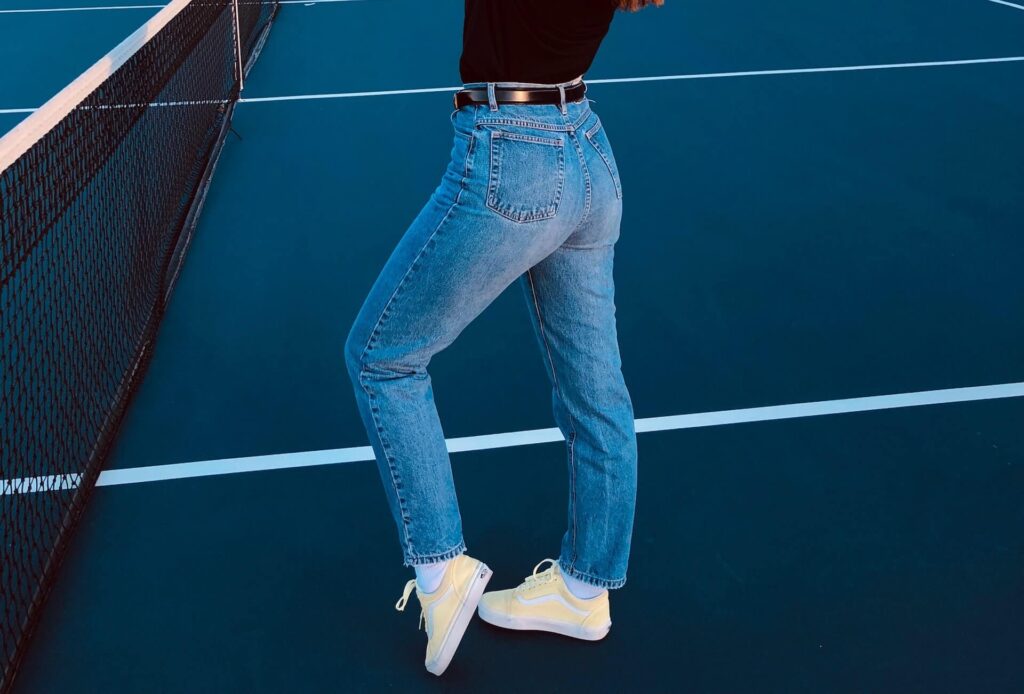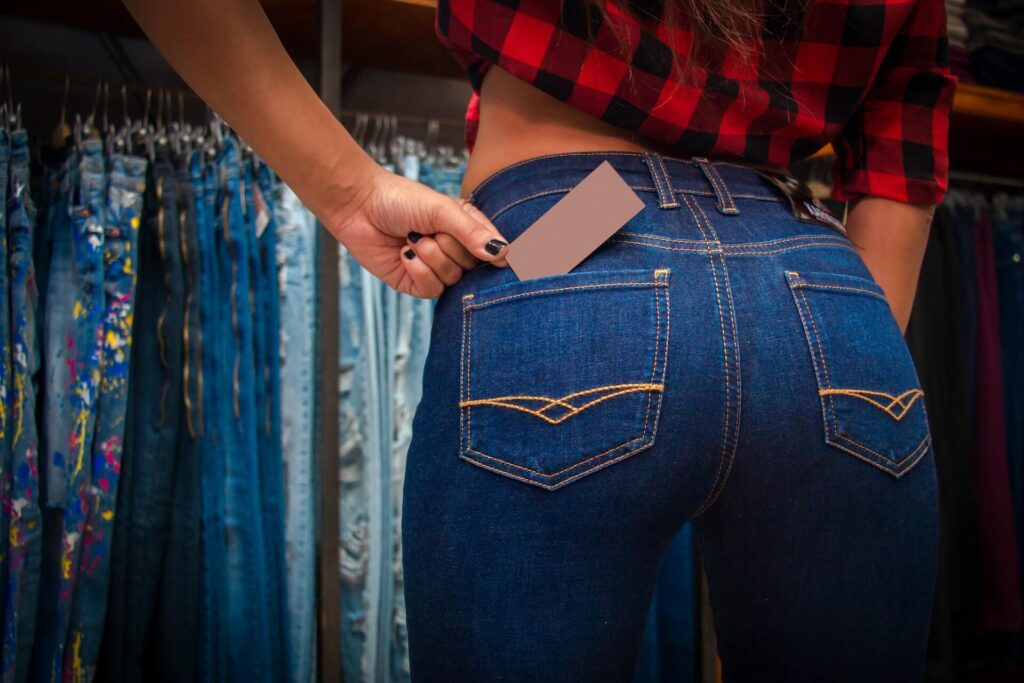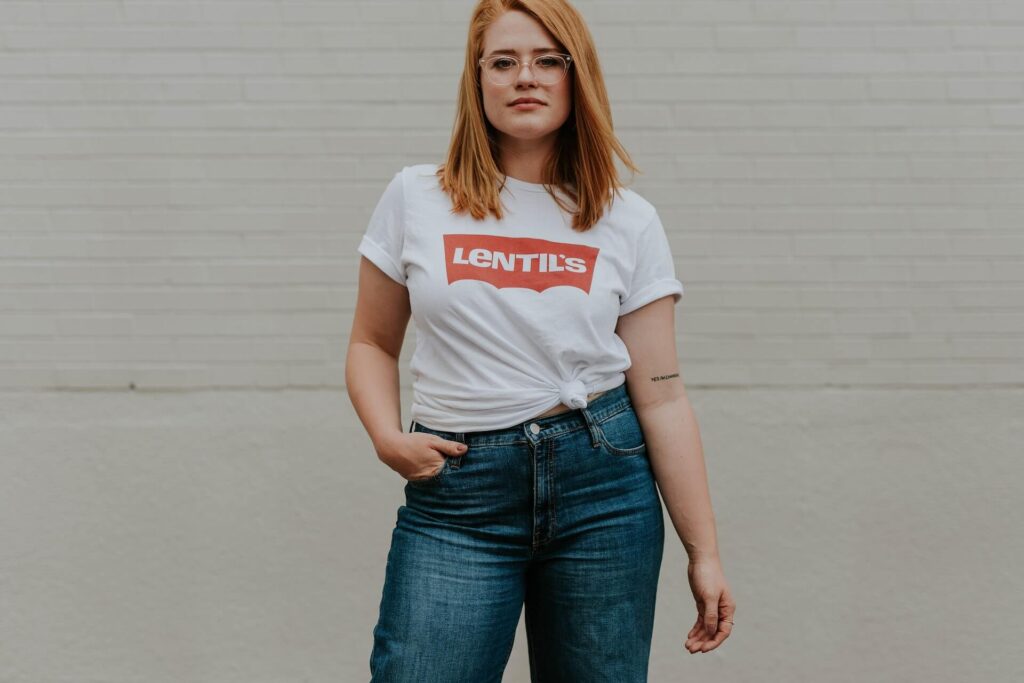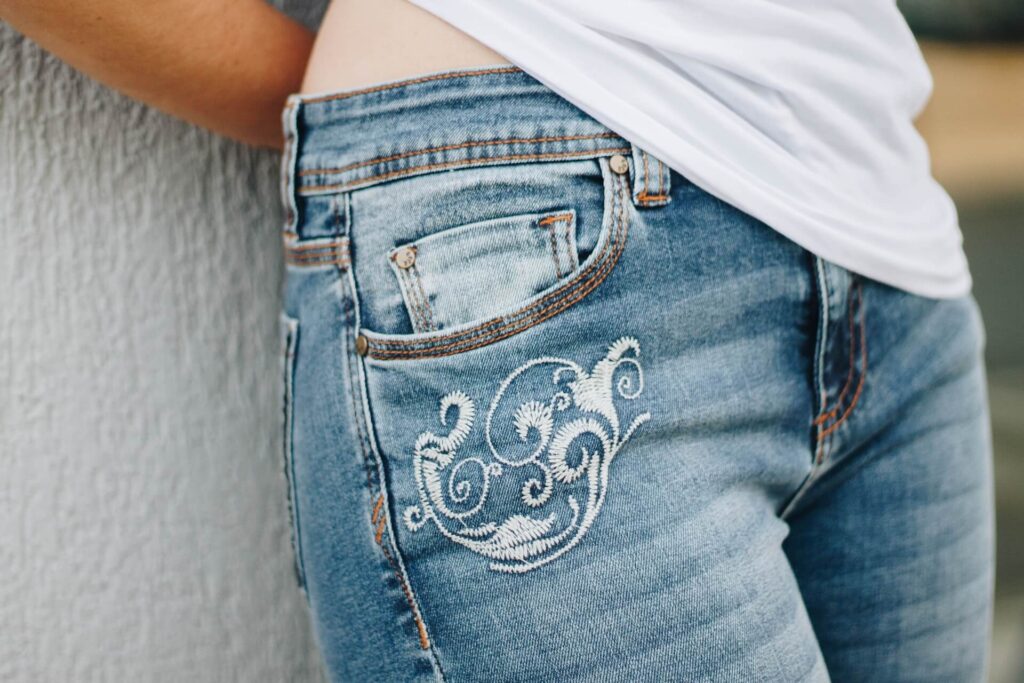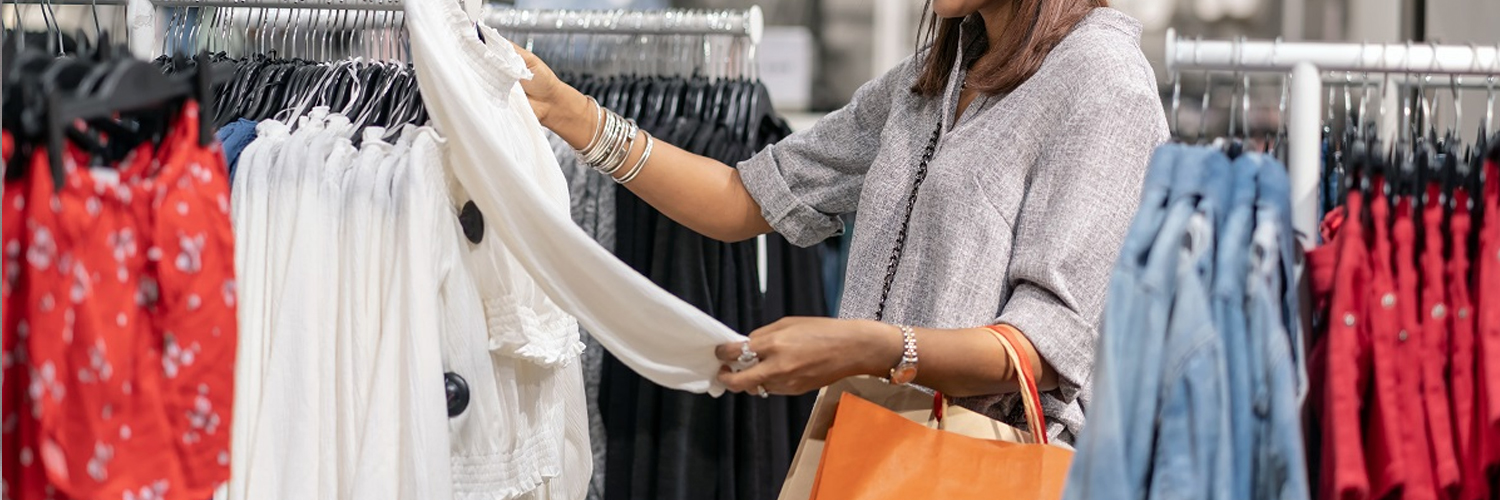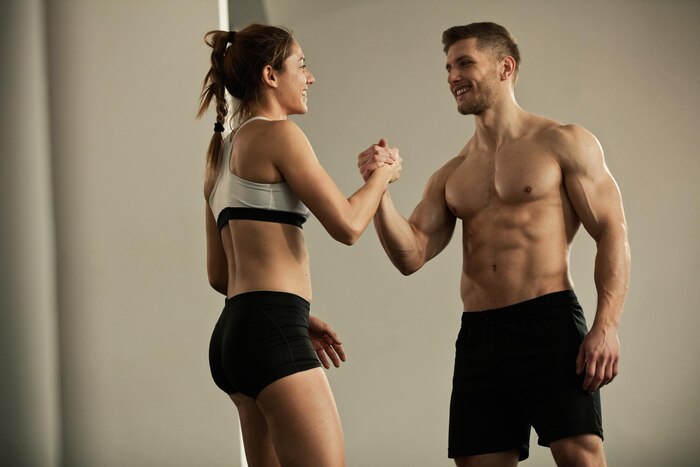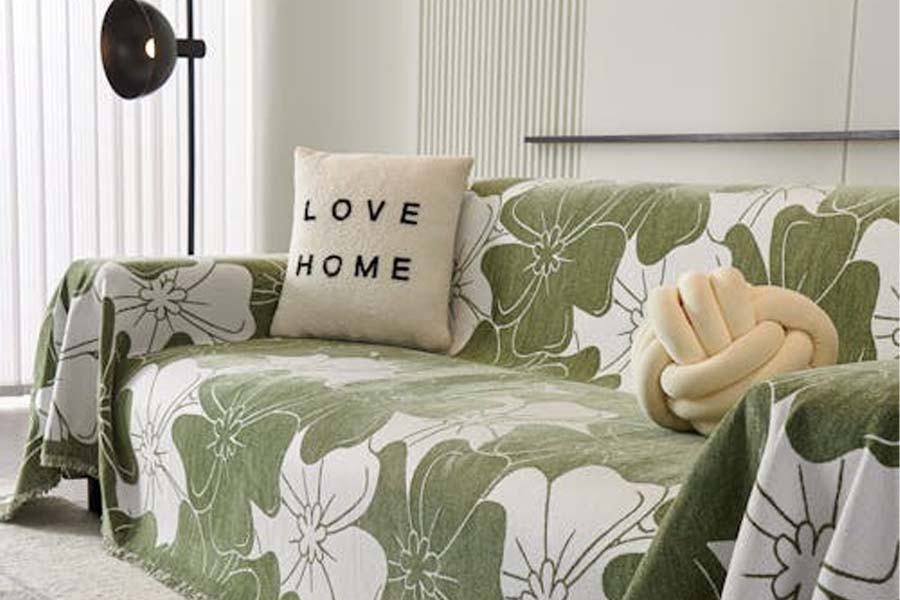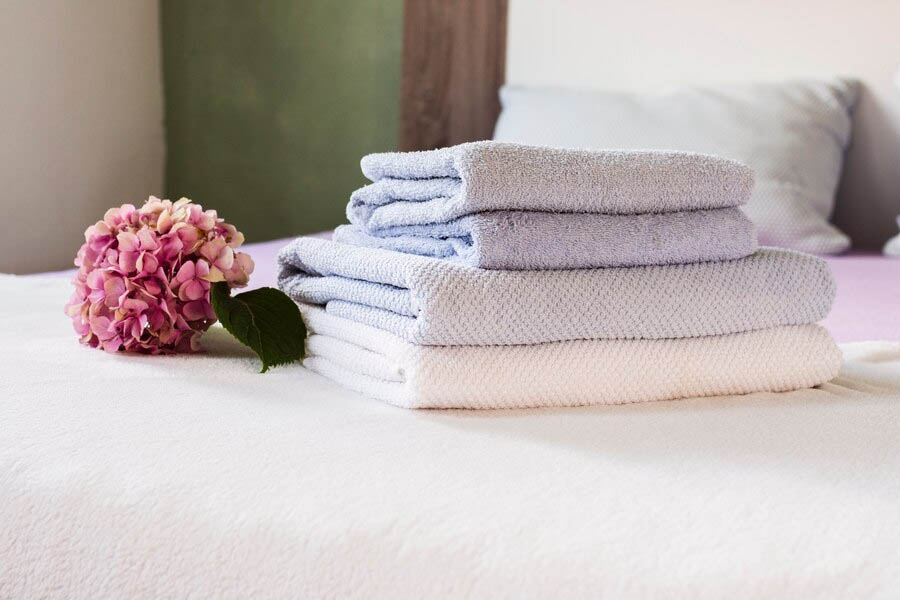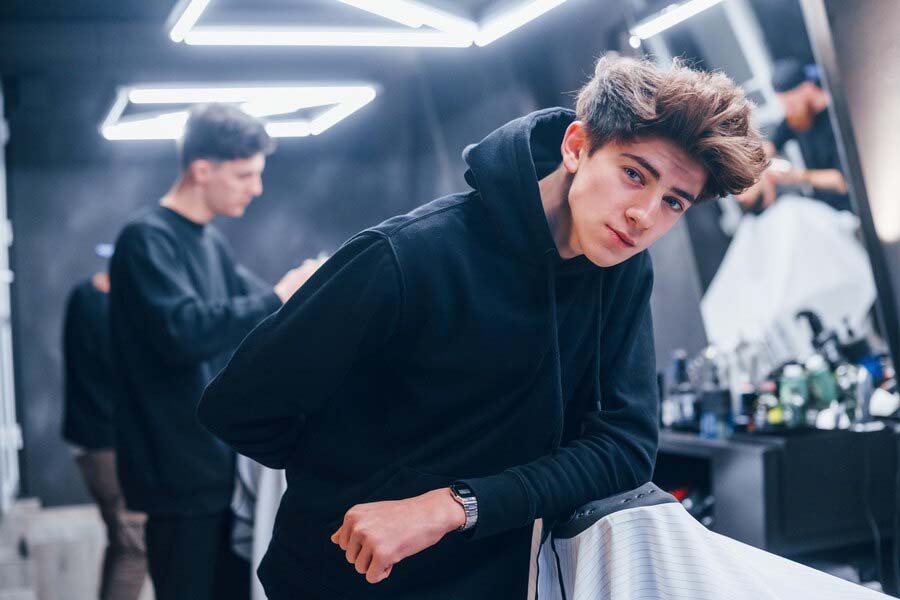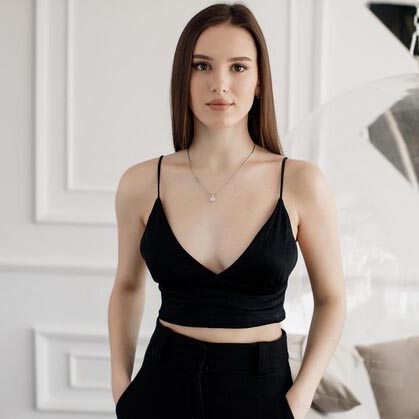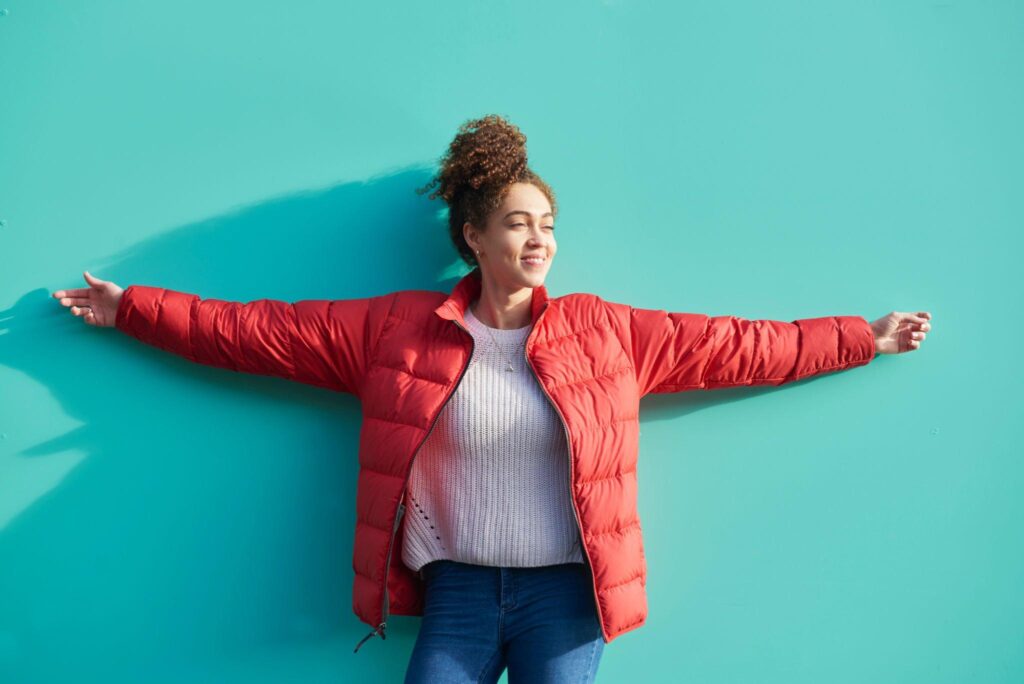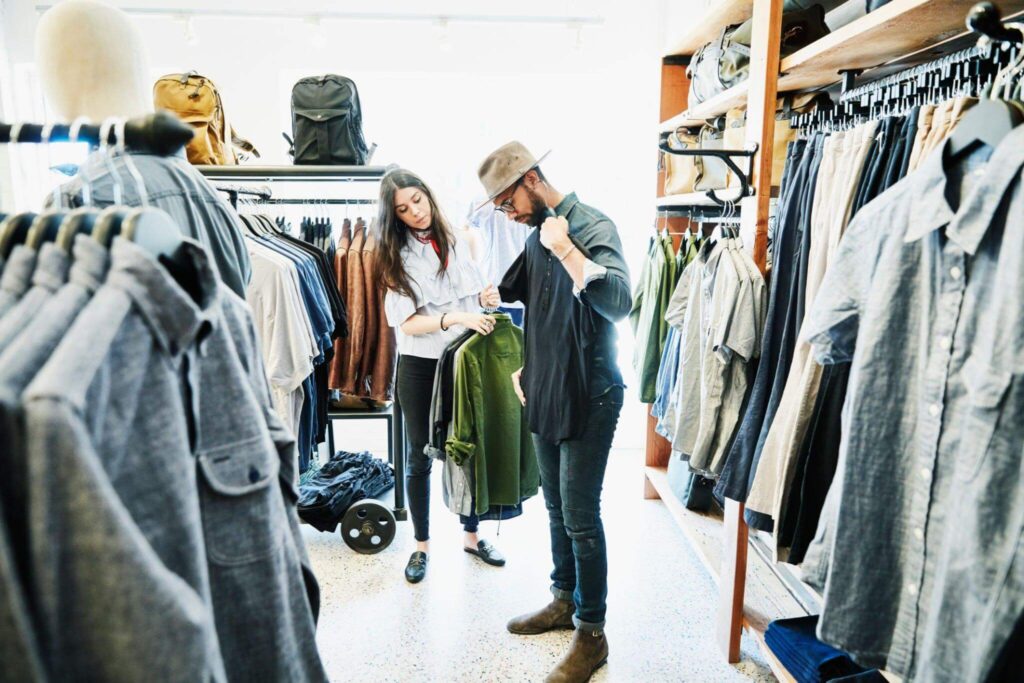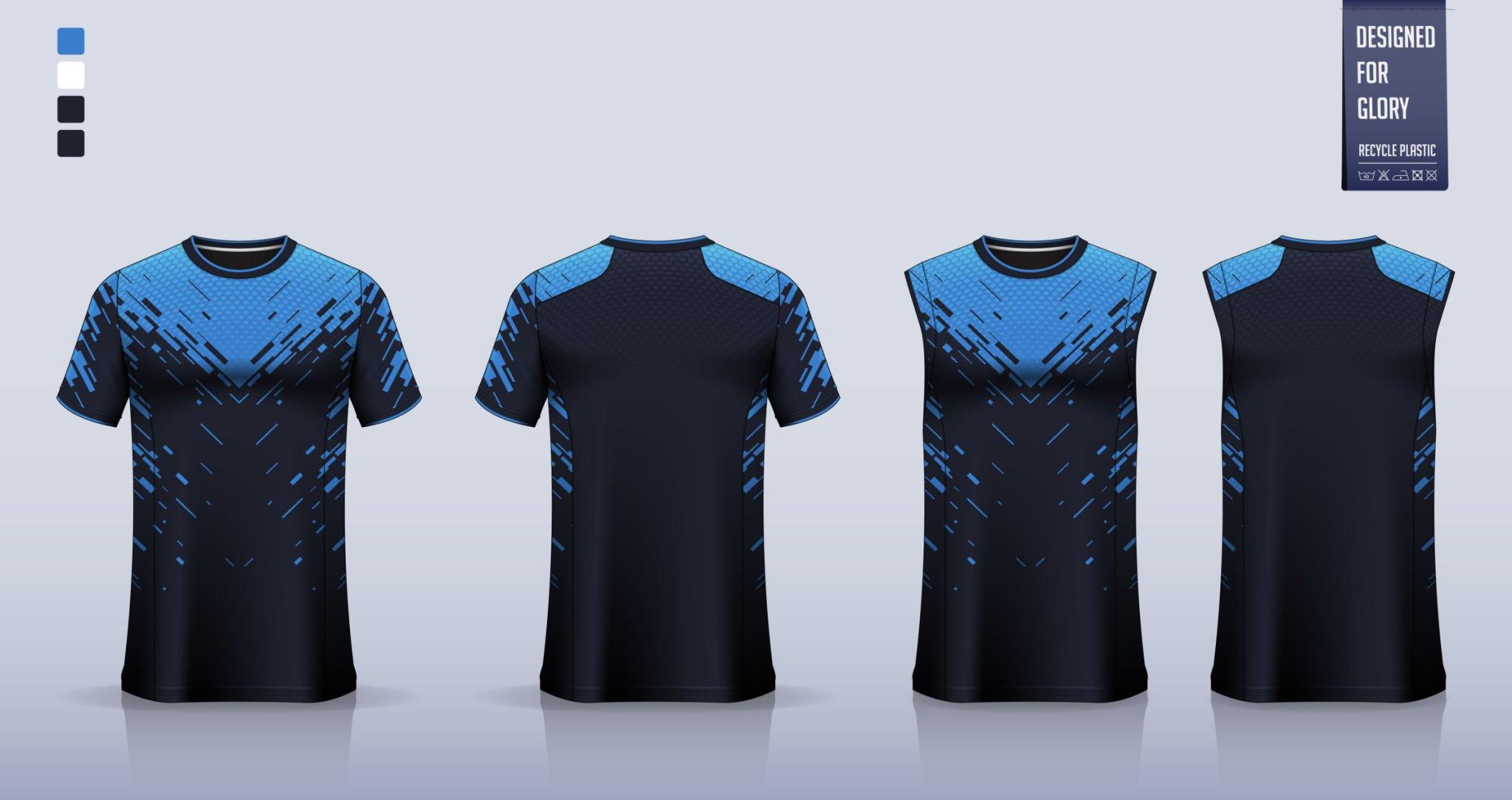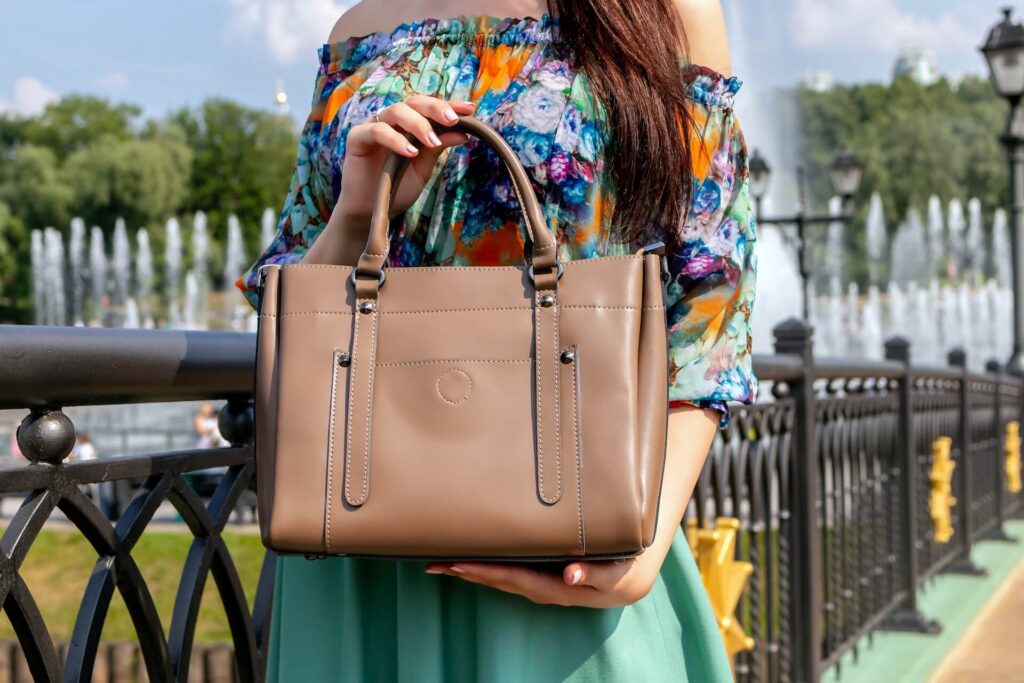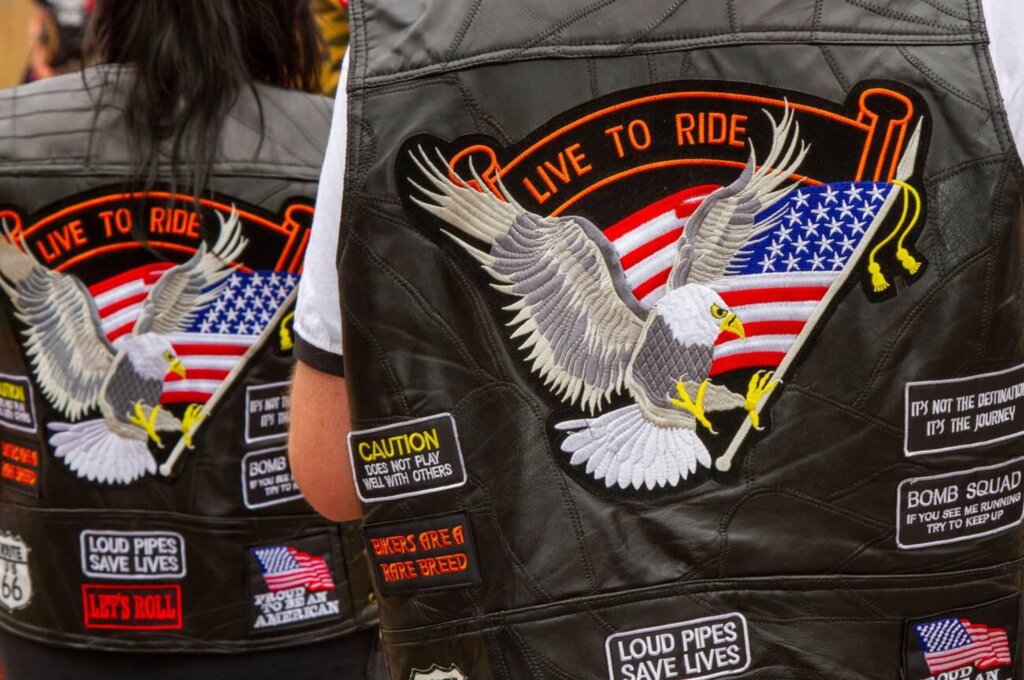Finding a clothing manufacturer with excellent standards is essential for realizing your design concepts in the dynamic fashion world, where quality and style meet. Finding a manufacturer for a clothing line might be difficult because of the abundance of options on the market. Do not worry; this guide will reveal how to find a manufacturer for clothing. Discovering a clothes manufacturer is key to turning ideas into wearable, fashionable reality, whether you’re a budding designer or an established brand.
Join us as we provide you valuable insights on how to start a clothing brand, how to find manufacturers’ clothing, the costs of starting a brand, and guarantee that the clothes lining the racks reflect your dedication to quality.
First Thing First: How To Start a High-Quality Clothing Brand?
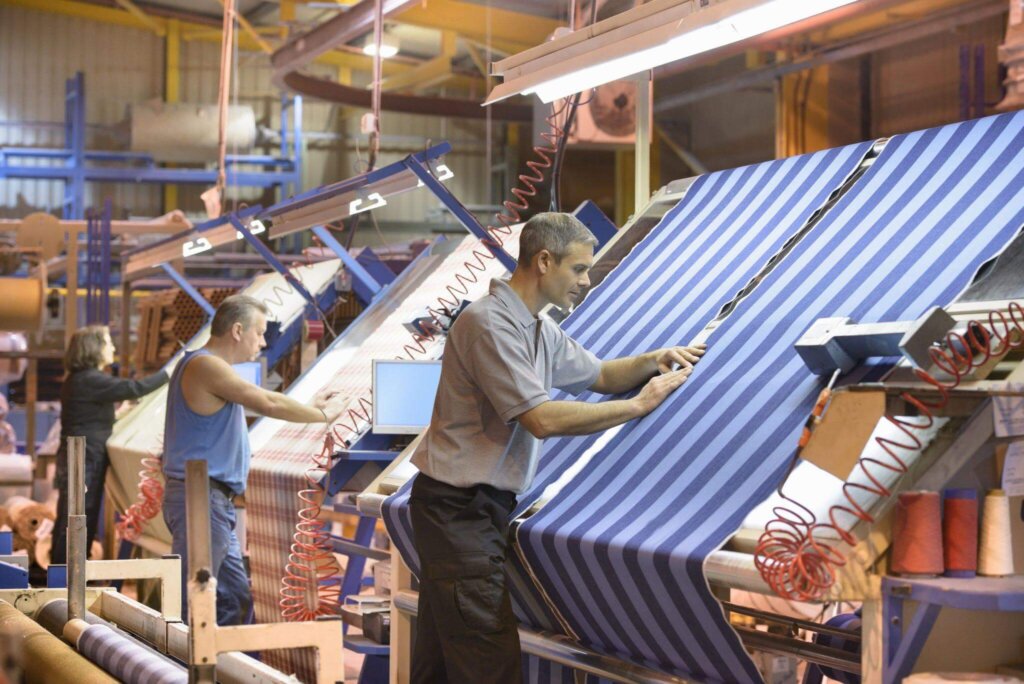
Before diving into the query of “how do you find a clothing manufacturer?” Let us first tell you how to start a clothing line. The success and image of your brand are impacted by several critical processes that go into developing a high-quality apparel brand. Although there is no fast cut to perfection, splitting the process down into concise steps will help you grasp it better:
Market Research And Brand Identity
To start, determine your target market by conducting in-depth market research. Recognize their interests, habits, and purchasing patterns. This data can help you steer your brand in the right direction, find market possibilities and gaps, and create items that appeal to your target market.
Establish your brand identity next. Create a captivating mission statement that describes your company’s goals, principles, and distinctiveness. Remember, your brand identity should be unique to stand out. There are thousands of clothing brands, but what difference are you creating? The ethos and personality of your brand will be built upon this foundation.
Product Development
A compelling design style is necessary to produce high-quality clothing. Create a distinctive and lasting look for your brand. Be mindful of small elements like colors, patterns, and silhouettes. Quality, comfort, and durability should all be considered while selecting fabrics and materials.
Customers looking for long-term value will appreciate your dedication to employing the best materials. This part is the best one to showcase your creative flair. You, as a designer, need to develop what others are not able to develop.
Supplier Selection And Manufacturing
Partner with reliable apparel manufacturers to make clothes along with expert suppliers to get the supplies you require. Developing trusting ties with these clothing manufacturers will guarantee a consistent supply of high-quality resources.
When it comes to clothing manufacturing, go for a one-stop custom garment manufacturer with a lot of experience making clothes and who can make samples and prototypes so you can test your designs before going into full production. Clothing manufacturers also use strict quality control procedures to identify any problems early on.
Branding And Marketing
Create a memorable, colorful logo and consistent branding elements that convey the spirit and character of your company. Create a presence online by maintaining active social media accounts and a well-designed website.
Share interesting content with your target audience that embodies your brand’s personality. Create a content plan that enhances your customers’ experience, such as style advice, behind-the-scenes peeks, and informational blog pieces.
Pricing Strategy
Prepare an all-inclusive breakdown of production costs, such as labor, overhead, and materials. Identify a price plan that reflects your products’ excellence and distinctiveness and is competitive and profitable. Transparent pricing fosters trust and conveys your brand’s worth. Pro tip: Hiring Private Label Apparel Manufacturers can help reduce your production costs in bulk quantities.
Distribution And Sales
Considering the preferences of your target market might help you choose the best sales channels. You might want to consider selling through your web store, third-party platforms, or retail stores. Focus on delivering a smooth shopping experience and first-rate customer service irrespective of the channel.
Launch And Promotion And Feedback
Create excitement around introducing your brand by organizing a memorable launch event or campaign. Use social media and partnerships with bloggers or influencers to increase your brand’s reach. Engage potential customers by showcasing your brand’s personality and beliefs through compelling images and stories.
Pay close attention to consumer comments and reviews. Utilize this information to develop and modify your products and services as needed. You establish trust and loyalty with customers by showcasing your ability to respond to their demands.
The Cost Break Down of Starting a Clothing Brand In 2025
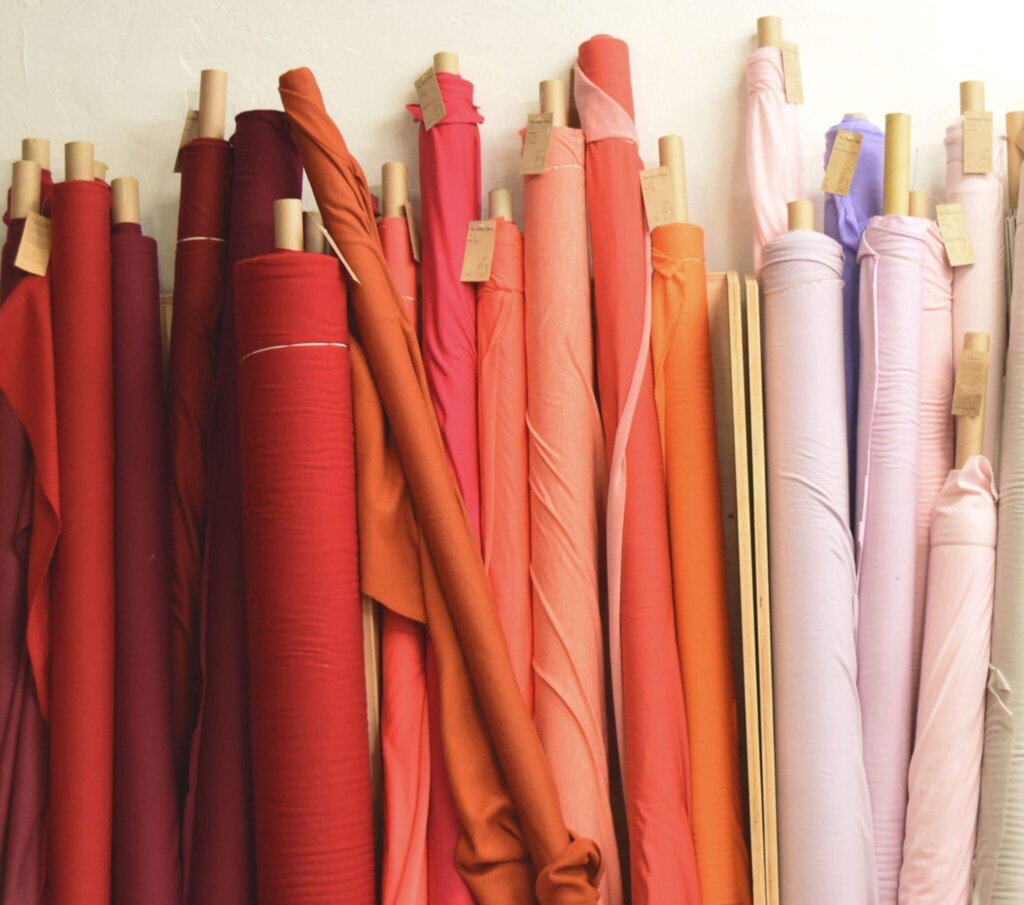
In 2025, the cost of launching a clothing brand in the USA will depend on several factors, including your brand’s size, the range of your products, your marketing plan, and other operating costs. Here is an approximate breakdown of the major expenses associated with launching a clothing line:
Design And Development
This includes developing the design for your apparel brand, making samples and prototypes, and possibly hiring independent designers. This cost could range widely based on the complexity and number of designs.
Manufacturing
The clothing manufacturing cost of your brand is included in production costs. Costs vary depending on the material, quantity, and production location (local or foreign). Initial runs that are less frequent may have higher per-item costs. A few thousand to tens of thousands or more may be spent on manufacturers for clothing lines.
Branding And Marketing
There will be costs associated with developing a brand identity, establishing a logo, producing marketing materials, and starting promotional efforts. Budget for print materials, influencer partnerships, social media promotion, and website construction.
E-Commerce Platform
You’ll need an e-commerce platform to sell online, which can cost money for website development, hosting, and sometimes transaction fees. These expenses could be in the hundreds to thousands of dollars range.
Operational Costs
Office space, utilities, insurance, and other continuing costs are included. Your location and business size will affect the price. One of the major operating costs and a hefty investment can be buying the inventory required to establish your apparel business. The price can vary based on the many styles and items you make.
Legal And Regulatory Fees
Costs for business registration, required licenses, trademarks, and other legal requirements can range from a few hundred to several thousand dollars.
Initial Marketing And Launch
The spending plan for a launch party, advertising, and other early marketing initiatives. Expenses can vary greatly depending on your plan. An emergency reserve fund can be used to cover unforeseen expenses.
Considering all of these aspects, it is estimated that the cost of starting a small to midsize apparel business in the USA in 2025 will range between $20,000 and $100,000. It should be noted that this is only a very rough estimate, and your actual expenses may vary depending on your unique circumstances.
To succeed, your brand must develop a comprehensive business plan and budget. Additionally, seeking advice from business consultants or industry specialists can produce more precise findings.
How to Find a Clothing Manufacturer for Your Apparel Business?
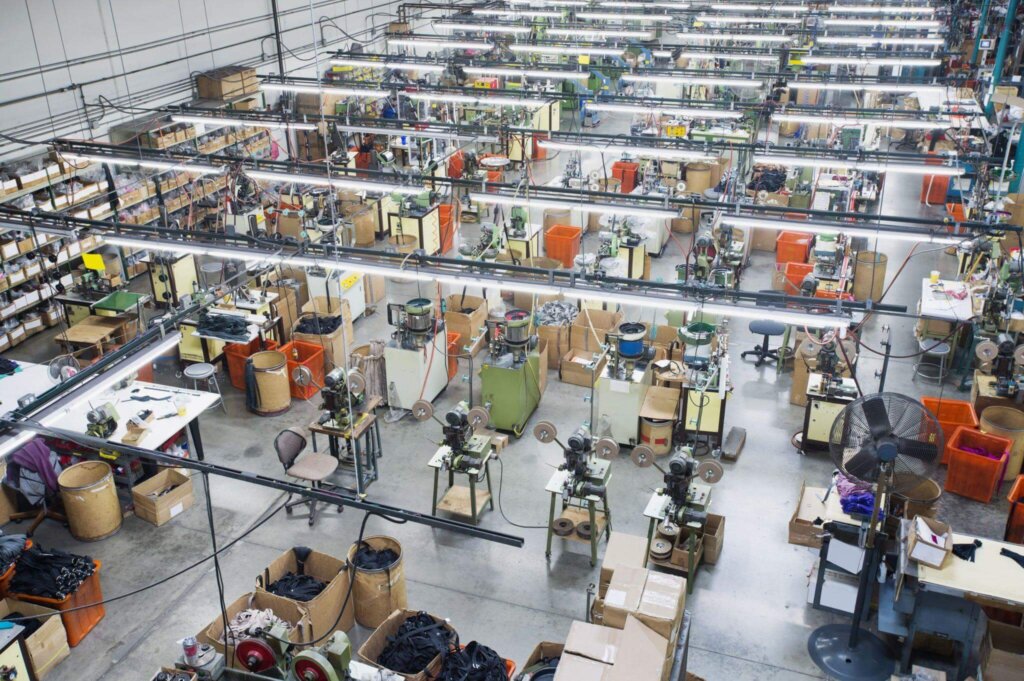
Wait! How to get clothes manufactured? For your brand’s items to be of the highest caliber and integrity, you must find a clothes manufacturer with high standards. For your convenience, the following is a step-by-step breakdown of the procedure:
Research And Identify Your Needs
Decide on your precise needs for clothes manufacture to start. Establish the garment categories you’ll be creating, the quantity you’ll need and any special materials or production methods you’ll want the manufacturer to use. You may focus your search on this clarity.
For example, if you want GOTS-certified organic cotton t-shirts, you need to look for suppliers who make GOTS-certified organic cotton t-shirts, not just those who make “cotton t-shirts.”
Industry Networking And Recommendations
To meet other designers and business owners, utilize industry networks, trade exhibitions, and fashion events. Consult with other specialists that have dealt with garment makers to get recommendations. Word-of-mouth recommendations can facilitate finding custom clothing manufacturers with a reputation for excellent quality.
Online Search
To find a manufacturer to make your clothing, use search engines and internet directories. Seek manufacturers with a strong online presence, attractive websites, and detailed descriptions of their skills, working methods, and previous projects.
Verify Credentials And Reputation
Investigate the credentials and reputation of possible manufacturers after you’ve selected them. Look for evaluations, recommendations, and case studies from other brands they have cooperated with. A manufacturer is more inclined to adhere to high standards with a solid track record and happy customers.
Quality And Compliance Certifications
Verify the manufacturer’s accreditations for quality, such as ISO 9001, which attests to adherence to stringent quality control procedures. If your brand values sustainability, look for suppliers who have received eco-friendly certifications. Compliance with moral workplace standards is also essential.
BSCI and Sedex are membership organizations for manufacturers that do regular audits of factories worldwide to ensure they are following social compliance rules. Clothing manufacturers, with these audits, will be your go-to place for where to get clothes manufactured.
Communication And Transparency
Send a list of inquiries to prospective clothing manufacturing businesses to evaluate their openness and communication. Ask them about their manufacturing procedures, turnaround times, quality assurance procedures, and the materials they employ. A manufacturer eager to provide comprehensive information reveals a dedication to quality.
Request Samples And Visit Facilities
Get your fabric requirements sorted out before beginning. You should never assume that a supplier of clothing and textiles is an expert in producing goods that meet your standards. To assess the quality of their work firsthand, ask for samples of their work or even place a small order. Plan a visit to their production facilities if at all possible. During this visit, you will learn more about their operations, working conditions, and general production quality.
Quality Control And Testing
Most nations, including the United States, Europe, and Australia, have laws governing garment producers. The amount of chemicals, heavy metals, and pollutants that may be utilized is typically restricted by safety standards, such as those in Europe and California.
· Lead
· Mercury
· Cadmium
· AZO dyes
· Formaldehyde
· Phthalates
Describe the quality assurance practices used by the manufacturer. To ensure that each item of clothing satisfies your brand’s criteria, enquire about their testing procedures. A manufacturer is likely to deliver dependable, high-quality items if they prioritize quality control.
Flexibility And Customization
Ensure the manufacturer is accommodating to customization and eager to collaborate with you closely to realize your designs. A manufacturer is a valuable partner if they value collaboration and can adjust to your particular needs.
Clear Agreements And Contracts
Ensure you have a precise agreement or contract outlining the conditions of the production arrangement before concluding any partnership. Include information about costs, payment terms, manufacturing schedules, and quality standards.
Start With a Trial Run
Start with a modest production run to evaluate the manufacturer’s skills and the caliber of their work on a wider scale. By doing this, risks and mistakes can be reduced before placing larger orders.
Sneak Peek: What Parts of The World Are Manufacturing The Most Clothes?
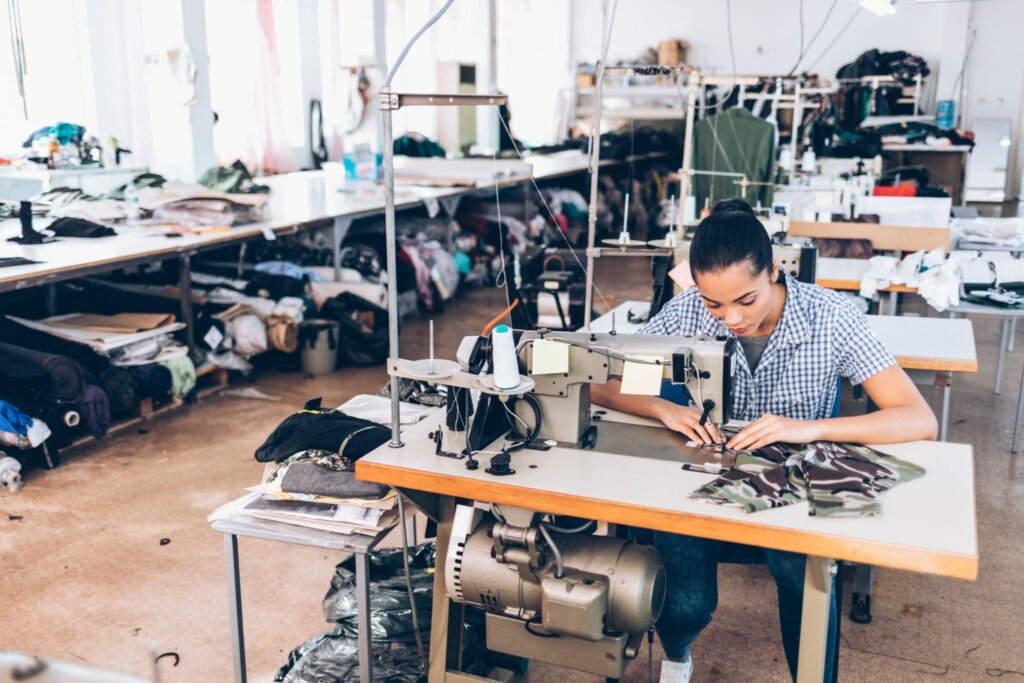
There are producers of clothing all around the world, although some areas are more well-known than others because of things like cost, skill, and infrastructure. The following are some important sites for the production of clothing:
· China: One of the biggest and most well-known centers for clothing manufacturing is China. Many fashion manufacturers prefer it because of its established supply chain, experienced staff, and cost-effectiveness.
· Bangladesh: Bangladesh is a significant player in the apparel sector and provides labor at reasonable rates. It is a preferred choice for many fast fashion businesses and is renowned for its capacity for mass production.
· India: India has a long history of producing garments and various manufacturing technologies. It offers a blend of contemporary industrial facilities and traditional workmanship.
· Vietnam: As a center for manufacturing, Vietnam has been expanding, especially in the sportswear and activewear sectors. Many fashion labels have been drawn to it because of its relatively inexpensive labor costs and developing infrastructure.
· Turkey: Turkey is well-known for its textile and apparel manufacturing, which combines high quality, design know-how, and accessibility to European markets.
· Italy: Italy has a solid reputation for producing high-end clothing and fine craftsmanship. High-end and opulent apparel designers frequently pick it.
· Pakistan: With various production options and affordable pricing, Pakistan is a major player in the textile and apparel sector.
· Mexico: Mexico is a desirable alternative for businesses wishing to cut shipping costs and timeframes for the North American market due to its closeness to the United States.
· Portugal: Portugal is becoming more well-known for producing high-quality, environmentally friendly textiles and clothing.
In A Nutshell
I hope by the end of this post we have answered your query of “How do I find a clothing manufacturer for my apparel business?” Finding a clothing manufacturer that keeps high standards in the complex fashion world is the key to turning your creative aspirations into real clothes. The present guide has outlined how to deftly navigate the intricate world of apparel manufacturing.
These tactics provide vital insights into finding a manufacturer for your clothing line who shares your vision, whether you’re an aspiring designer starting a new business or an established brand trying to boost your work. So go into business knowing what you’re doing, being creative, and knowing that your clothesline will be extraordinary.
